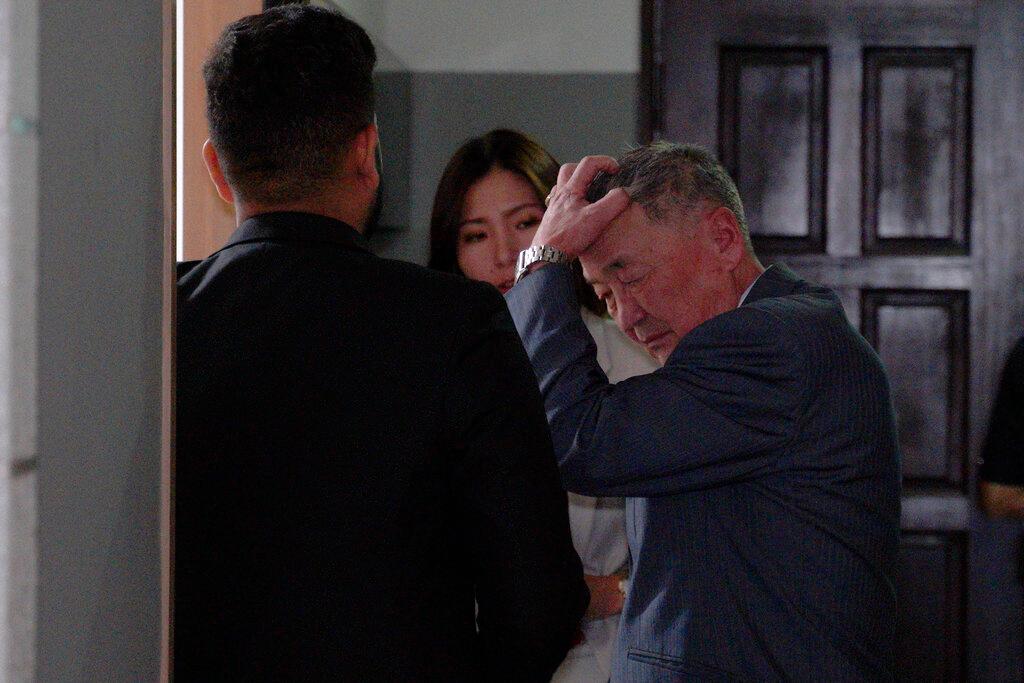Appeals court allows Altantuya’s family to obtain copies of police statements in murder case
A three-man bench says the police statements used in the criminal trial are not privileged documents.
The family of Mongolian citizen Altantuya Shaaribuu today succeeded in their appeal at the Court of Appeal to obtain copies of police statements recorded from persons during the course of the investigation into her murder case for use in their civil suit.
Justice Nor Bee Ariffin, who led a three-member bench, said the statements to be provided to Altantuya’s family included statements taken from persons, whether or not they were called as prosecution witnesses, including from former policemen Azilah Hadri and Sirul Azhar Umar and political analyst Abdul Razak Baginda.
“We order that copies of Section 112 (of the Criminal Procedure Code) statements be provided to the appellant (Altantuya’s family) within two weeks of the date of this order,” she said.
Nor Bee also said that police statements used in the criminal trial are not privileged documents.
In fact, she said the court did not see any danger of tampering with witnesses in the present case as Azilah and Sirul’s criminal case had long concluded.
The bench which also comprised justices Supang Lian and Mariana Yahya unanimously allowed the appeal brought by the family against a High Court’s dismissal of their discovery application to obtain statements recorded from those who were investigated by the police in the criminal case to be used in their civil suit.
Altantuya’s parents Shaariibuu Setev and Altantsetseg Sanjaa, as well as her son Mungunshagai Bayarjargal, had filed a RM100 million civil lawsuit against Azilah, Sirul, Razak and the government on June 4, 2007, seeking exemplary and aggravated damages.
In their statement of claim, they alleged that Altantuya’s death had caused them mental shock and psychological trauma, entitling them to compensation.
In the court’s decision delivered online, Nor Bee said Section 124 of the Evidence Act 1950 pertaining to the non-disclosure of recorded statements did not apply in Altantuya’s family’s case.
She said the Section 112 statements were necessary as the information contained in the statements would assist the family in advancing their case to prove the murder.
Nor Bee said the court should be mindful of the practical reality that changes could have taken place since then and that the possibility of the persons referred to not being traceable or having passed away could not be ruled out.
“The witnesses may refuse to be interviewed and some may have problems of recollection of events,” she said.
Azilah and Sirul were found guilty by the Shah Alam High Court in 2009 of Altantuya’s murder while Razak, who was charged with conspiring with Azilah and Sirul to kill the woman, was acquitted of the charge in October 2008 without having to enter his defence.
On Aug 23, 2013, the Court of Appeal allowed Azilah and Sirul’s appeal and acquitted them of the charge but their acquittal was overturned by the Federal Court on Jan 13, 2015, following the prosecution’s appeal.
Lawyer Sangeet Kaur Deo appeared for the family while senior federal counsel Azliza Ali appeared for the government.
Subscribe to our newsletter
To be updated with all the latest news and analyses daily.
